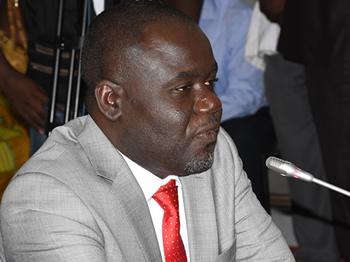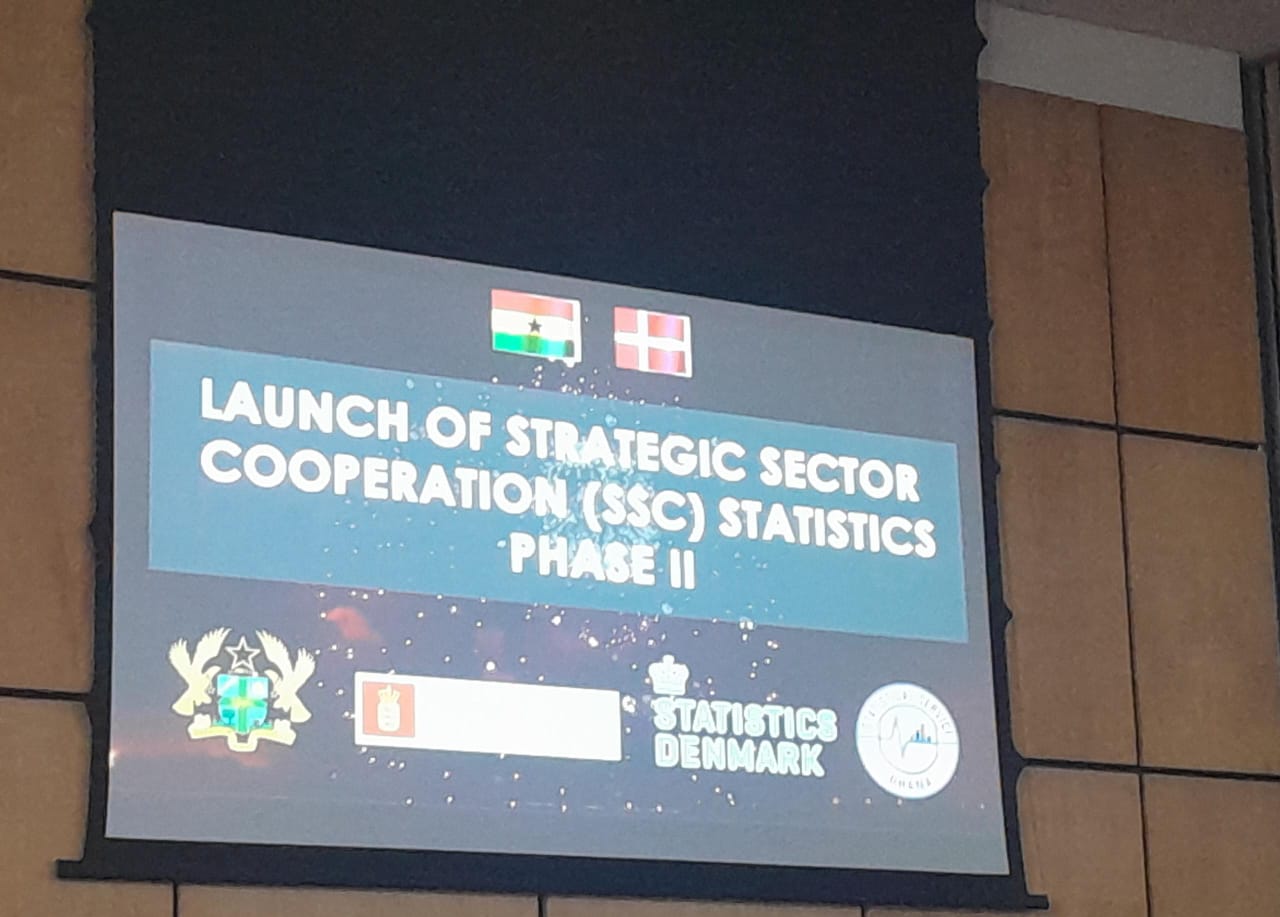


Mr Haruna Iddrisu, the Minister of Education, has disclosed Ghana’s new Technical and Vocational Education and Training (TVET) policy and funding strategy to advance the sector in the country.
The Minister, in a speech read for him, said the policy and funding strategies would serve as the blueprint for all future reforms and incentives.
“It will ensure that every intervention in the TVET sector is coordinated and funded to provide long-term, predictable resources for TVET schools,” he said.
The Minister disclosed this at the second National Roundtable for Private Sector Engagement and Partnership in TVET, organised by the Commission for Technical and Vocational Education and Training (CTVET) in collaboration with the Ghana TVET Service.
The roundtable was convened as part of the project Pact for Skills: Support to the Transformation of the TVET System in Ghana, jointly funded by the German Government through the Federal Ministry of Economic Cooperation and the European Union, and implemented by GIZ.
The programme was organised on the theme: “Strengthening Public-Private Collaboration for Sustainable Skills Development in Ghana.”
He clarified that the TVET fund would not negatively impact industry, but rather would be capitalised through the realignment of existing funding sources.
“This will include better coordination of existing skills, financing streams and strategic allocations from existing national revenue, ensuring that we have a dedicated and ring-fenced pool of resources to support TVET development,” he said.
He added that the fund would not only enhance the capacity of training institutions but could also assist in supporting industry initiatives through programmes such as the Ghana Skills Development Fund, making it a true partnership resource.
In a bid to advance TVET, he said his Ministry would reform the incentive frameworks to make it easier and more attractive for businesses to participate in skills development, whether through fiscal incentives, public recognition schemes or co-financing models.
Mr Iddrisu said the Ministry of Education would ensure that the private sector’s involvement in TVET transitions from being advisory entities into decision-making hubs where industry needs were translated directly into training delivery.
Mr Zakaria Sulemana, Director General of CTVET, reaffirmed the government’s commitment to advancing TVET reforms that are responsive to labour market needs.
“The success of Ghana’s transition to a skills-based economy depends on the strength of our partnerships with industry. By working together with the private sector, we can ensure that TVET is not only relevant but transformative for the future of work,” he said.
Ms Chantal Kristin Lahmer, the Policy Advisor for the German Embassy, lauded the dialogue as a vital mechanism for ensuring long-term impact.
“Industry is where innovation meets opportunity. When businesses co-create curricula, open their doors to apprentices, and invest in training, skills development becomes a win-win for young people seeking jobs, and for companies seeking skilled talent,” she said.
Source: GNA
The post New TVET policy and funding strategy to advance sector – Minister appeared first on Ghana Business News.
Read Full Story















Facebook
Twitter
Pinterest
Instagram
Google+
YouTube
LinkedIn
RSS